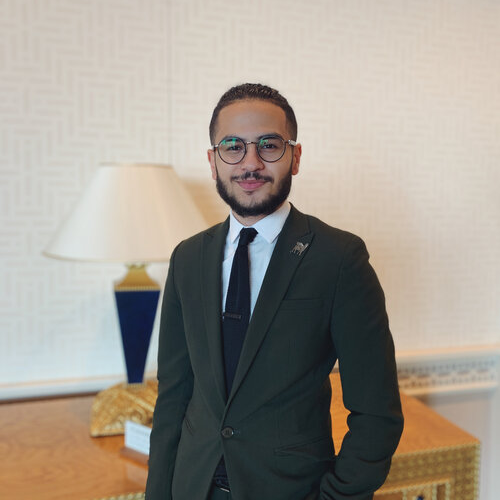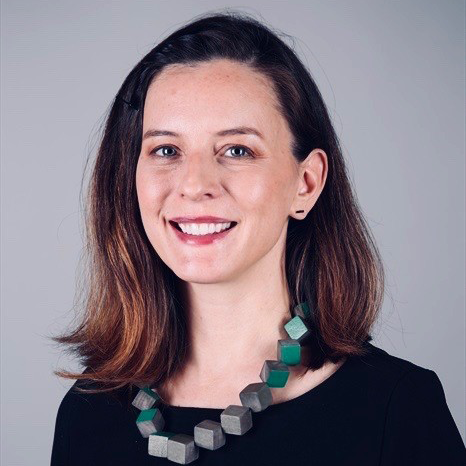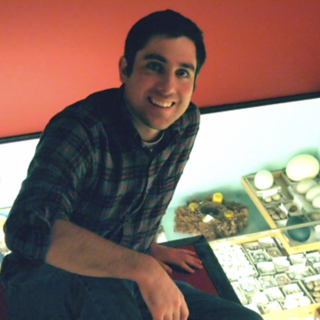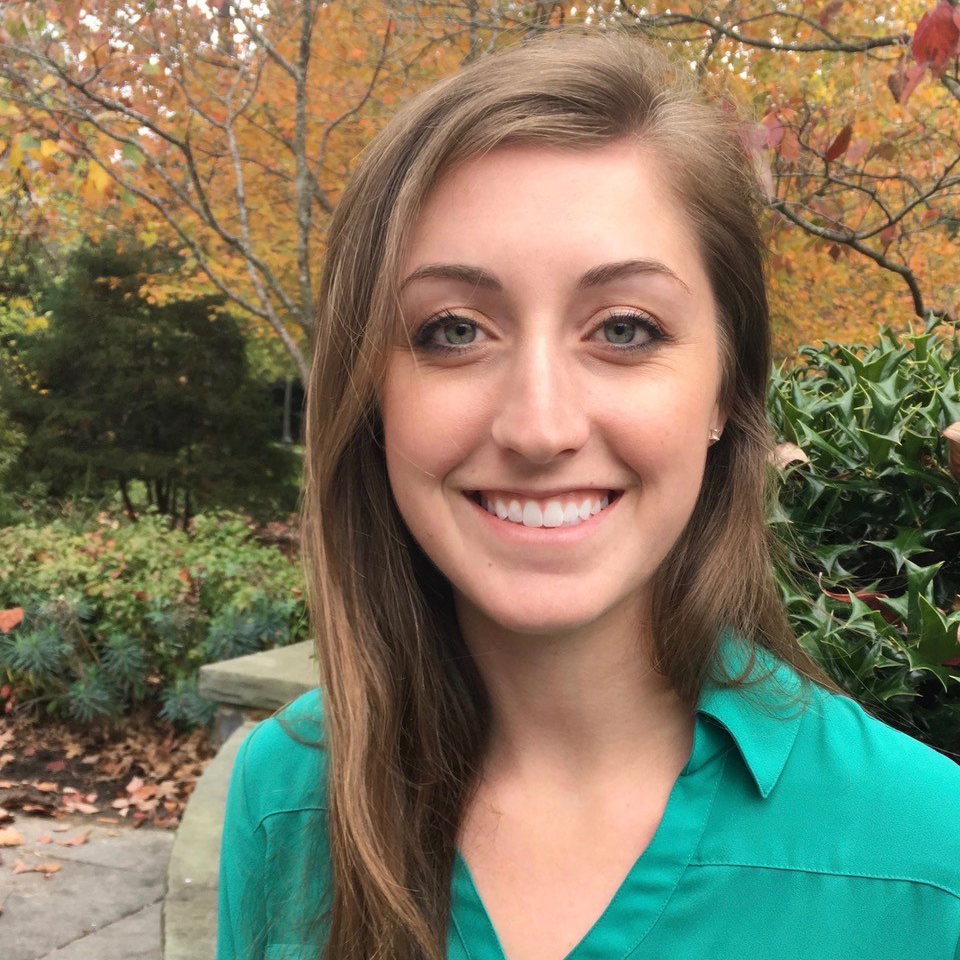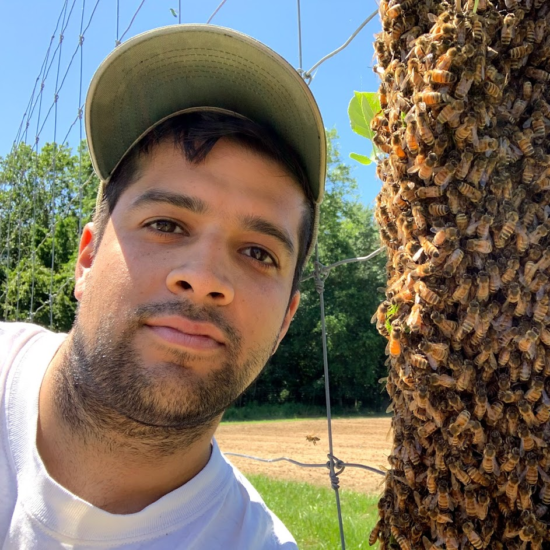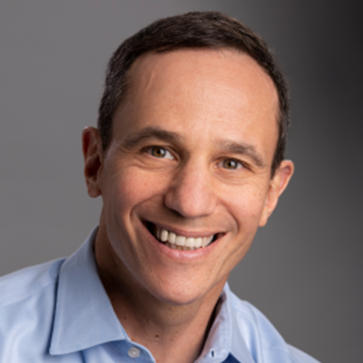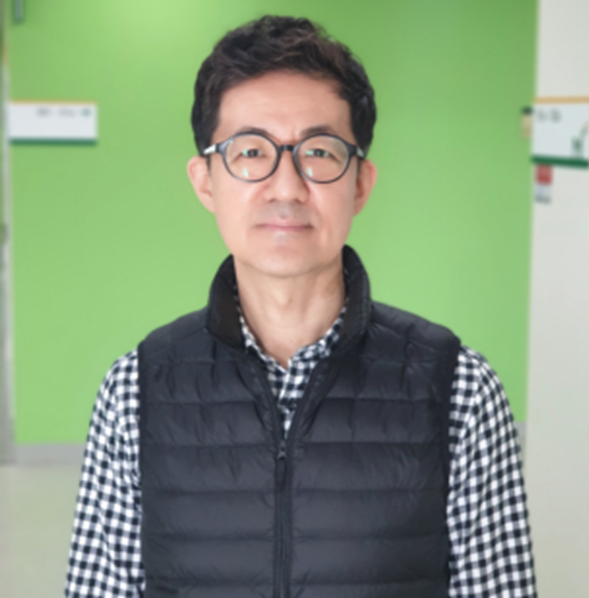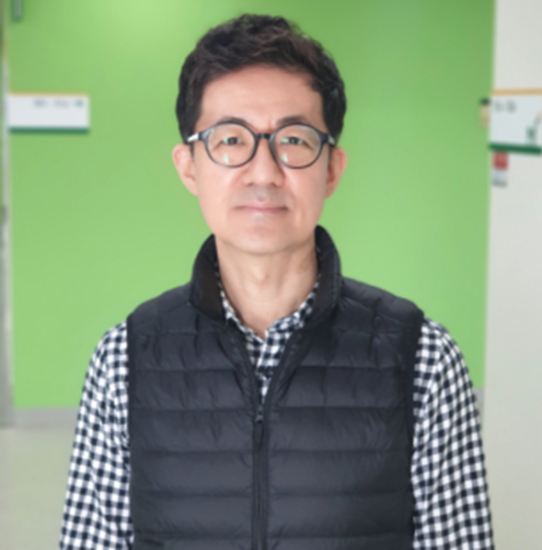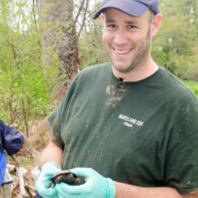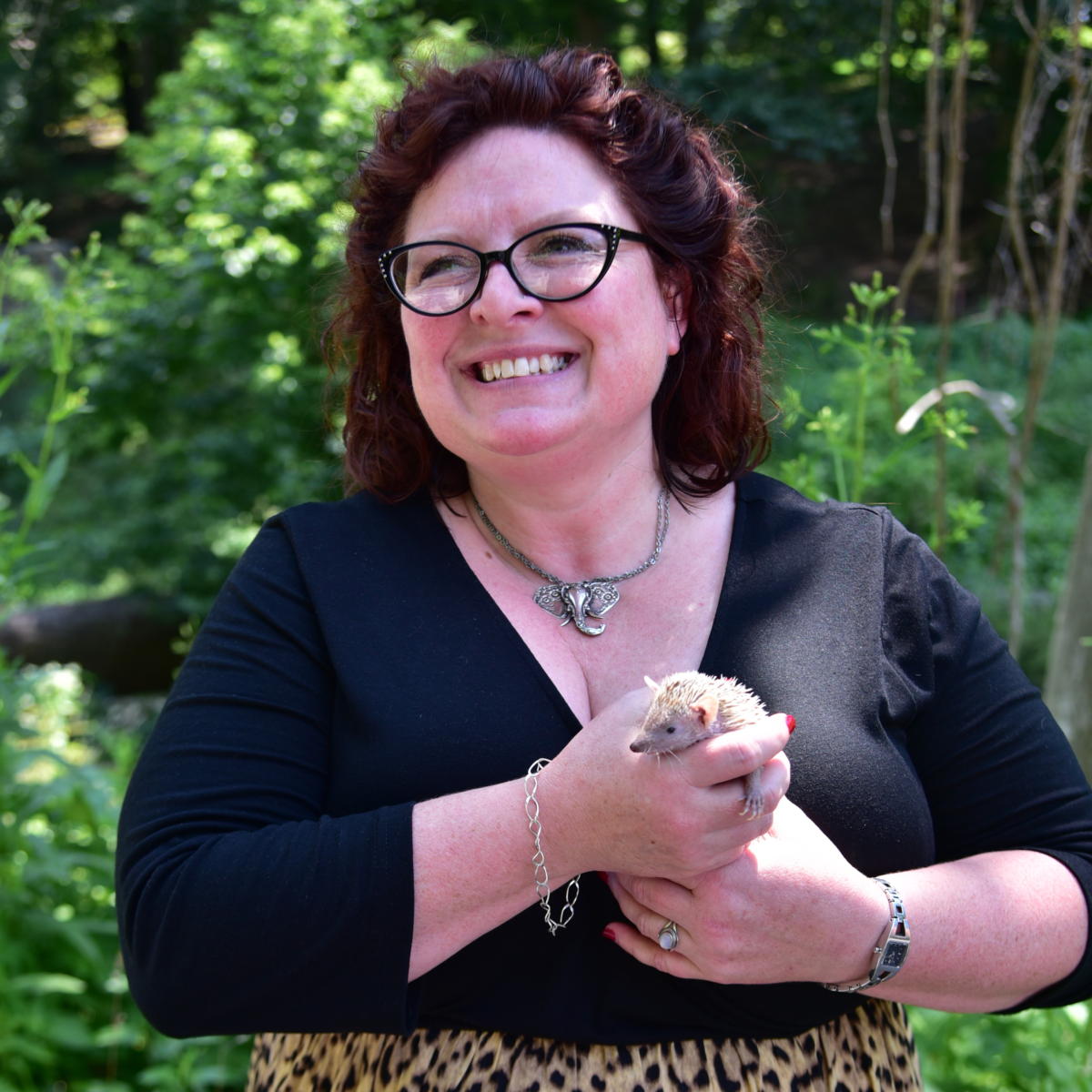AHMED BADR
Ahmed M. Badr is a 23-year-old Iraqi-American author, poet, and social entrepreneur working at the intersection of creativity, displacement, and youth empowerment. Ahmed’s work seeks to combine poetry, archival collections, and multi-media to explore the complexities of migration, identity, and self-expression, with a focus on reframing and reclaiming the power of tragedy. He is author of While the Earth Sleeps We Travel: Stories, Poetry, and Art from Young Refugees Around the World (Andrews McMeel), featuring a foreword by actor and UNHCR Goodwill Ambassador Ben Stiller.
On July 25, 2006, Ahmed’s home in Baghdad was bombed by militia troops. He and his family relocated to Syria, where they lived as refugees for over two years before receiving approval to move to the United States. As a teen, Ahmed founded Narratio, an organization and online platform that activates, supports, and highlights the creative expression of displaced young people through fellowships, workshops, publishing, and partnerships. In the summer of 2019, Narratio launched an annual storytelling Fellowship for resettled refugee youth in partnership with Syracuse University and the Metropolitan Museum of Art. Over the past three years, work by the Narratio Fellows has reached over two million individuals worldwide.
Ahmed is the host of Virginia Public Media’s (VPM) Regional Murrow award-winning Resettled podcast, and the co-host of the World Bank’s #Youth4Climate Live Series. He is the former host of the UN Migration Agency’s (IOM) “A Way Home Together” podcast.
Ahmed is the storyteller behind UNPACKED: Refugee Baggage, a multi-media installation that remodels the homes of refugees inside a series of suitcases. UNPACKED is critically acclaimed and has been exhibited at UNICEF House, Harvard Divinity School, Yale University, Juilliard, Iowa State University, University of Chicago, Mississippi State University, and World Bank headquarters. In February 2020, Ahmed debuted four visual works at Educate, an exhibit featuring global emerging artists at Christie’s New York.
Ahmed has addressed the United Nations on more than ten occasions, and his work has been recognized by National Public Radio, Instagram, Buzzfeed, and Global Citizen, among others.
Ahmed received a BA in Anthropology from Wesleyan University and a Master’s in Education from Harvard University. He is the recipient of the Adrian Cheng Fellowship from Harvard Kennedy School, and the Social Innovation Fellowship Fund award from Harvard Business School. He is a National Geographic Young Explorer, and serves as one of 17 UN Young Leaders for the Sustainable Development Goals in the Office of the UN Secretary General’s Envoy on Youth. He attended the WYSE sister conference — the Washington Journalism and Media Conference — in 2014.
